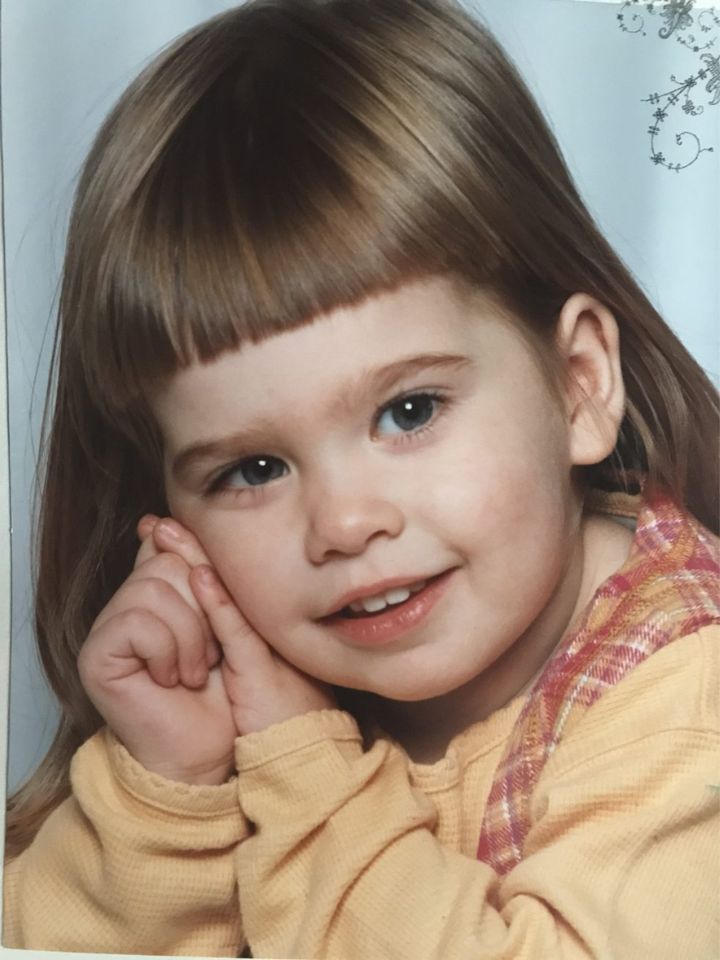
Recently, I participated in a workshop about sharing hard stories. I regularly write and share about when my youngest came out as transgender, so I thought it would be more of a learning experience than anything else. I mentioned that I wrote about being the parent of a transgender child and learned that the focus of my session would be on sharing the childhood stories of my transgender children.
"Tell me what your son Leo was like when he was a child," the instructor said.
My face grew hot, and my heart began to race. How on earth could I answer this question? Leo came out when he was 18.5 years old. I stared through the screen, embarrassed at my silence.
"What is the first thing you thought?" the instructor asked. "Be honest."
I inhaled deeply. "I didn't know my son when he was a child." As the words came out of my mouth, I knew they weren't true. Of course, I did. My son was smart, funny, and artistic. He liked to sing and dance and wear swirly dresses, layers of jewelry, and a tiara, whether or not the situation required it (if you asked him, it always did). He was outgoing and loved to be the center of attention, and no matter what I was doing, he wanted in on it too.

Leo 1999: 2 years old
Tears rolled down my face as I remembered that my son was still the same person he had always been. He hasn't changed; just his name and the pronouns we use for him have. Outwardly, he may look different, but inwardly, he's still the same child I've always had.
It can be challenging for parents of older transgender children to tell the childhood stories of their children.
Not because the stories are painful, although that is sometimes true. Because in our minds, there can be a separation: before the transition and after. The memories we have of our children when they were younger are of one gender, and the memories we have of our children now, as they are older, are another. Even though our rational brain knows our child is still the same person as mine did in that exercise, when it comes time to tell those stories, our memory trips us up.
One thing I had to work on when Leo came out was not using his childhood name when telling his childhood stories. It felt awkward at first. Just like using the name Leo and male pronouns took practice, so did referring to him as a male during a time in his life when he presented as a female. Eventually, it became second nature.
The more I refer to that time in my child's life correctly, the easier it becomes for others in his life to do so. I sometimes forget that for some members of our family, Leo is the first transgender person they have experienced. How I talk about Leo and share about his life sets an example for others. It also helps them know how to interact with other transgender people they encounter. I consider that an honor and a privilege.
Do you have a hard story to tell? Is there some part of it you are finding hard to share? What could you reframe to make it easier? I'd love to hear about it in the comments.
Subscribe to get my latest content by email, and I'll send you SIX questions to ask yourself before sharing that your child is transgender: because it can be a little overwhelming and sometimes you just need to know where to start.
We hate SPAM. We will never sell your information, for any reason.

